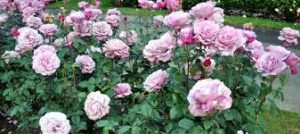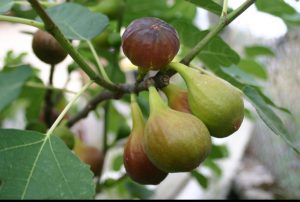Citrus is considered as one of the most important fruit crops being grown in pakistan. Citrus has a number of species. But in pakistan the most consuming and grown species locally known as Kinnow and Musambi. Citrus has earned its fame not merely being the substentially consumable commodity but it does have some other characteristics as well. For example citrus processed foods are commercialy available in pakistan which are jams, squashes, beverages etc. citrus contain a well known amount of Vitamin C, Vitamin B, along these constituents it also posesses Sugars, Calcium, Potasium, Thiamin and Folate. It is being antiseptic, anti biotic and anti viral fetches the attention of medical reseach. Citrus oil is extracted to be used agaisnt the houseflies.
Sargodha, Bhalwal, Khushab are well suited regions to obtain the best citrus in quality and quantity as well. It gets attacked by a number of disases and insects. In diseases Citrus Scab is the devastating disease results in the deterioration of quality and production as well. Talking about the insects Citrus psylla ( Diaphorina citri) is the most notorious pest of citrus. It damages the plant in two ways. First its immatures suck the cell sap and deplet the usefel nutients in plant leaving the plant vulnerable to various insects and diseases. It also secretes honeydew on which sootymold grows. Sootymold reduces the photosynthetic area of leaves resulting in the less food production in plant. Secondly the indirect damage is done by transmitting th bacteria of Citrus greening disease. A plant infected by citrus greening become unable to flourish and achieve its fruiting stage properly. The symptoms includes the stunted growth, yellowing of leaves and in severe cases the fruit drop. The research reveals that it doesn’t shift from plant to plant but it complete its life cycle on a single plant. Considering this fact this makes psylla more potential enemy of citrus fruit. In biological control lady bird beetle, and Temarixia radiata are the predators of psyllids. Talking about the chemical control Chloropyrifos, Cypermethrine, Imidacloprid, Bifenthrine substentially reduces the population upto 70-80%.
Written by:
1 Ubaidullah
Msc(Hons) Agri.Entomology
University college of Agriculture, University of Sargodha’ Sargodha
Email: [email protected]
2 Hamza Bin Riaz
Bsc(Hons) Soil & Environmental sciences
University college of Agriculture, University of Sargodha’ Sargodha
Email: [email protected]
3 Zeeshan Hassan Jaffery
Msc(Hons) Plant Pathology
University college of Agriculture, University of Sargodha’ Sargodha
Email: zeeshan[email protected]








